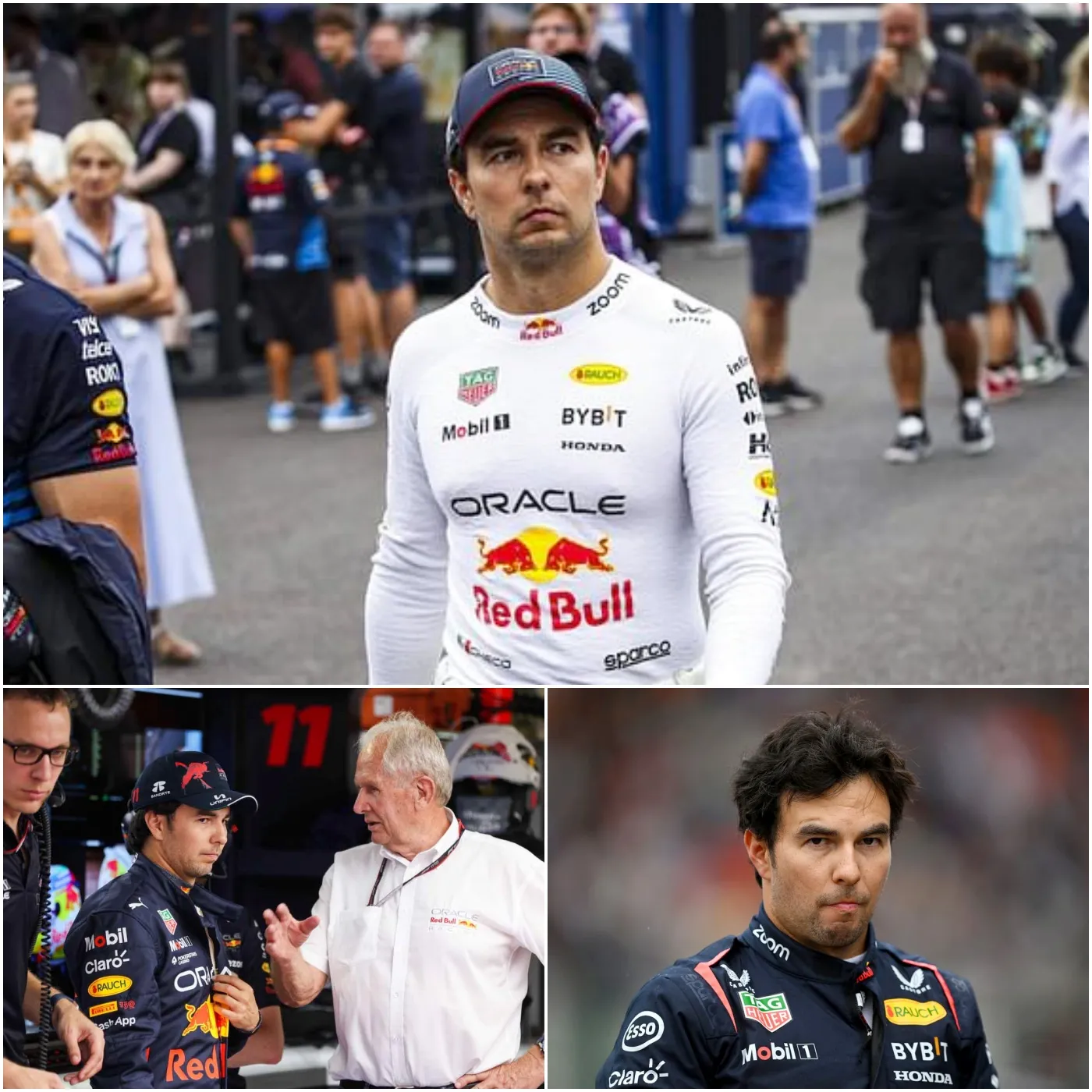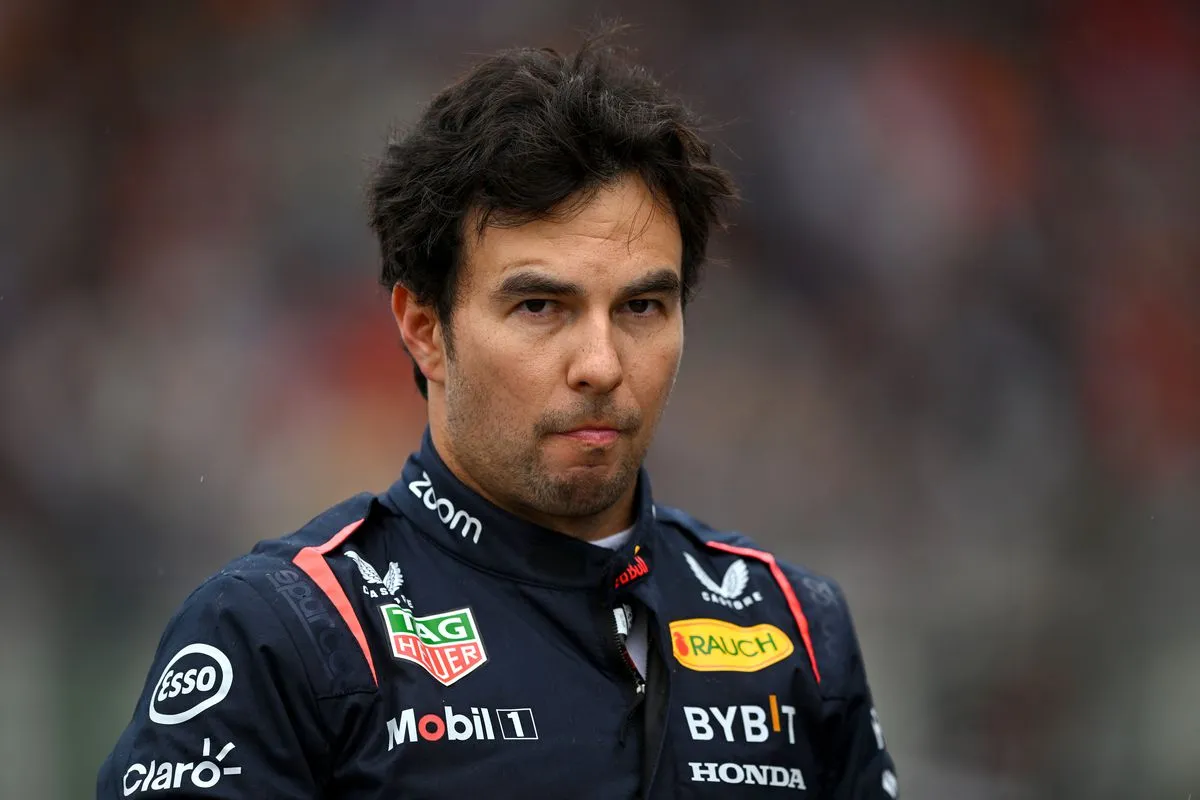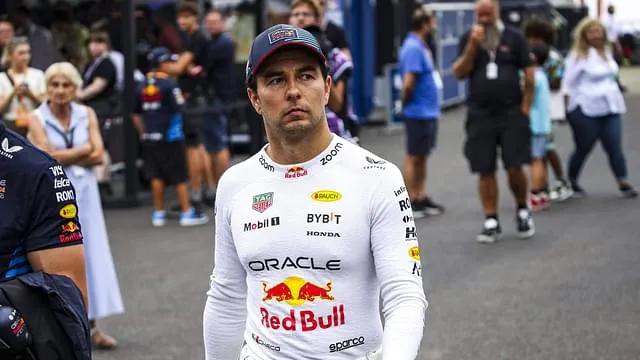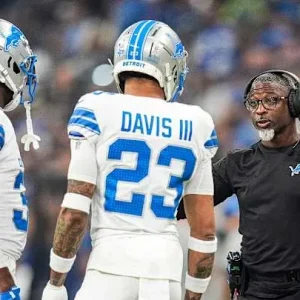In the high-octane world of Formula 1, there’s little room for sentimentality. Red Bull Racing, one of the sport’s most successful teams, finds itself at a critical juncture with its driver, Sergio Perez. Known for its ruthless pursuit of excellence, Red Bull must now confront the hard realities of F1 performance and make crucial decisions about Perez’s future with the team.
Formula 1 is a sport where milliseconds can mean the difference between victory and defeat. Teams invest millions in technology, strategy, and driver talent to gain even the slightest edge. In this unforgiving environment, Red Bull has consistently aimed for the top, driven by the relentless ambition of its management and the exceptional skill of its drivers, notably the reigning champion Max Verstappen.
Sergio Perez, affectionately known as “Checo,” joined Red Bull with high expectations. His experience and proven track record were seen as valuable assets to complement Verstappen’s raw talent. However, while Perez has had notable successes, including race wins and crucial points that helped the team in the Constructors’ Championship, there have been inconsistencies that Red Bull cannot ignore.
Red Bull’s team principal, Christian Horner, and advisor, Helmut Marko, are known for their no-nonsense approach. Recent performances have raised questions about Perez’s ability to consistently compete at the highest level required by Red Bull. As Horner bluntly put it, “This isn’t a show called ‘Friends’”—a clear indication that the team’s decisions are driven by performance metrics rather than personal relationships.
To maintain their competitive edge, Red Bull must evaluate Perez’s future critically. This includes analyzing his lap times, race strategies, and overall contribution to the team’s objectives. If Perez cannot deliver the consistency and pace needed to challenge for both the Drivers’ and Constructors’ Championships, Red Bull may have to consider alternative options for his seat.
The F1 driver market is always buzzing with potential replacements. Young talents from Red Bull’s own development program, like Yuki Tsunoda and Liam Lawson, or experienced drivers from rival teams, could be considered. The decision will hinge on finding a driver who can match or exceed Perez’s performance while maintaining the team’s dynamic.
For Sergio Perez, this situation is a defining moment in his career. He must respond to the pressure by delivering consistent, high-quality performances. His ability to adapt, overcome challenges, and secure podium finishes will be crucial in proving his worth to Red Bull. Perez has the talent and experience; now, he needs to showcase it with unwavering determination.
Red Bull Racing’s approach to Sergio Perez underscores the harsh realities of Formula 1. Success in this sport demands excellence, and any deviation can prompt immediate reassessment. As Red Bull evaluates its strategy, the message is clear: performance is paramount. Whether Perez can rise to the challenge or the team opts for a new direction, one thing is certain—Red Bull’s commitment to winning will drive every decision.
In the cutthroat arena of F1, where every decision impacts the championship race, Red Bull must remain focused and unsentimental. The coming races will be critical for Perez, and his future with Red Bull hinges on his ability to meet the team’s high expectations.





